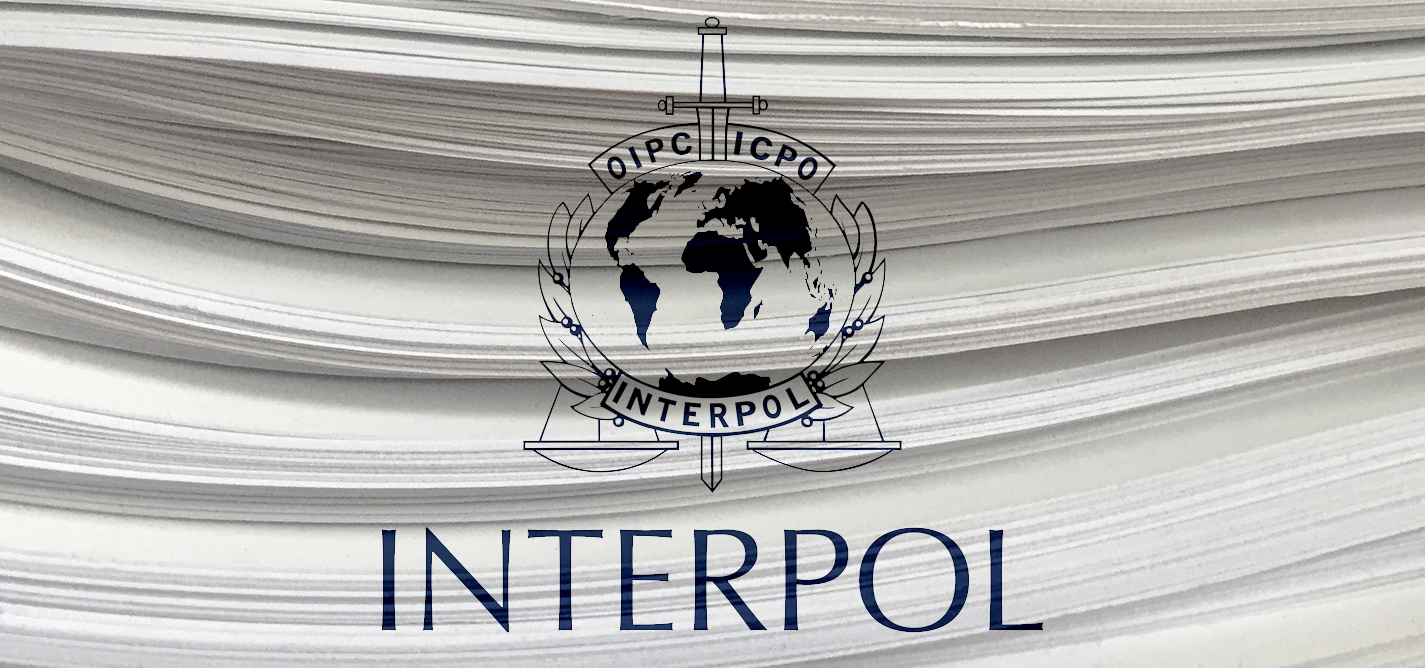
Appeals underway for Kosovars on Interpol list
Haradinaj one of 20 appeals submitted to Interpol in December 2016.
"In December 2016 UNMIK facilitated a submission by the Kosovo authorities to INTERPOL, raising legal issues on a number of cases including Mr. Haradinaj.”
In an interview for Voice of America on January 27, Thaci said that all former KLA commanders have Interpol arrest warrants for them but that all individuals in positions of power have immunity.

Leonora Aliu
Leonora Aliu is a former K2.0 journalist (2017-18). She studied journalism at the University of Prishtina.
This story was originally written in English.